Discover the Women of the Hall
These are the Inductees of the National Women’s Hall of Fame. Select any of the women to discover their stories and learn how they have influenced other women and this country.
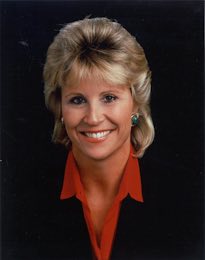
Donna de Varona
In 1960, at the age of 13, de Varona became the youngest member of a U.S. Olympic swim team. Just four years later, she won gold medals in the 400 IM and 400 Freestyle Relay at the Tokyo Olympics. She went on to set 18 world records in her career, and was the first President of the Women’s Sports Foundation.
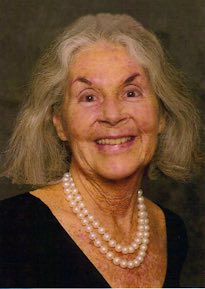
Karen DeCrow
A nationally recognized attorney, author and activist, Karen DeCrow is one of the most celebrated leaders of the women’s movement. From 1974-1977, she served as the National President of the National Organization for Women (NOW), where she was instrumental in obtaining significant legislative and legal gains and tirelessly advocated on behalf of the Equal Rights Amendment (ERA). DeCrow has written numerous books and articles and has lectured throughout the world on topics such as law, gender equality, and politics. In 1970, she served as National Coordinator of the Women’s Strike, and in 1988 she co-founded World Women Watch.
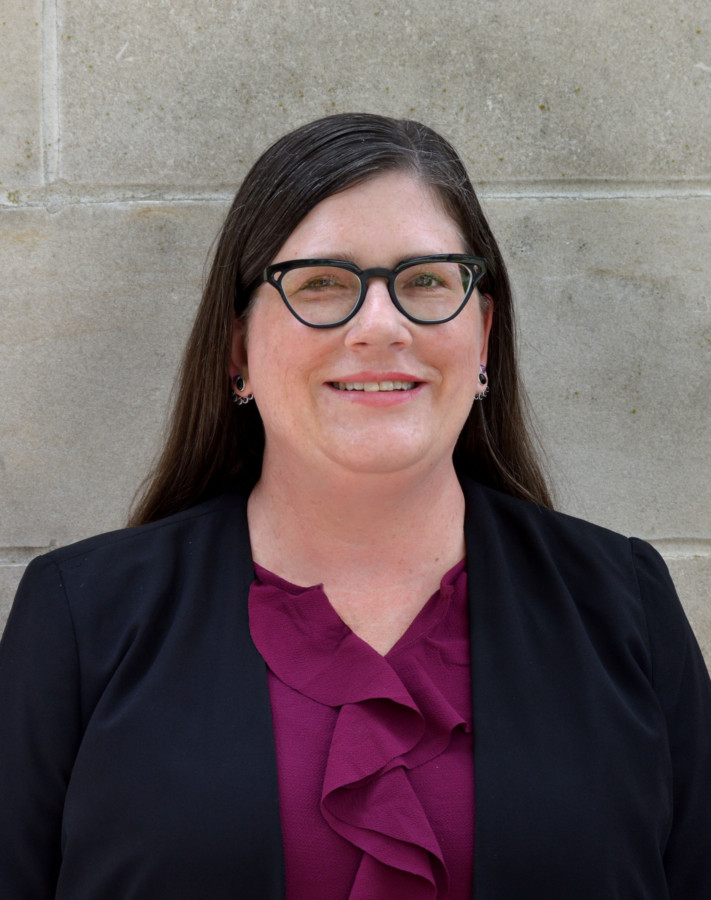
Sarah Deer
A citizen of the Muscogee (Creek) Nation of Oklahoma, Sarah Deer is a professor at the University of Kansas and an engaged activist for indigenous women. Ending violence against women is her life’s goal. A lawyer by trade and an advocate in practice, Deer’s scholarship and public policy work focuses on the intersection of federal Indian law and victims’ rights, using indigenous feminist principles as a framework. Her work to end violence against Native women has received national recognition from the American Bar Association and the Department of Justice as well as a MacArthur fellowship.
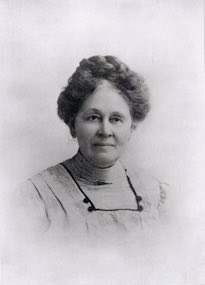
Emma Smith DeVoe
President of the Washington Equal Suffrage Association, successfully ran the campaign that resulted in Washington becoming the first state in the 20th century to grant full enfranchisement to women in 1910, a full decade before passage of the 19th Amendment. DeVoe established the first national organization of voting women, which eventually merged with the National League of Women Voters, leaving an invaluable legacy about the importance of the educated use of the franchise.
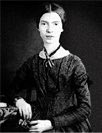
Emily Dickinson
One of the world’s greatest poets. A New England woman who spent much of her life in one small community, her world vision and innovative style has had a lasting impact on literature.

Dorothea Dix
One of the nation’s earliest and most effective advocates for better care of the mentally ill. When Dix saw that such people were badly treated in institutions, she lobbied nationwide for humane treatment and reform.

Donna de Varona
In 1960, at the age of 13, de Varona became the youngest member of a U.S. Olympic swim team. Just four years later, she won gold medals in the 400 IM and 400 Freestyle Relay at the Tokyo Olympics. She went on to set 18 world records in her career, and was the first President of the Women’s Sports Foundation.

Karen DeCrow
A nationally recognized attorney, author and activist, Karen DeCrow is one of the most celebrated leaders of the women’s movement. From 1974-1977, she served as the National President of the National Organization for Women (NOW), where she was instrumental in obtaining significant legislative and legal gains and tirelessly advocated on behalf of the Equal Rights Amendment (ERA). DeCrow has written numerous books and articles and has lectured throughout the world on topics such as law, gender equality, and politics. In 1970, she served as National Coordinator of the Women’s Strike, and in 1988 she co-founded World Women Watch.

Sarah Deer
A citizen of the Muscogee (Creek) Nation of Oklahoma, Sarah Deer is a professor at the University of Kansas and an engaged activist for indigenous women. Ending violence against women is her life’s goal. A lawyer by trade and an advocate in practice, Deer’s scholarship and public policy work focuses on the intersection of federal Indian law and victims’ rights, using indigenous feminist principles as a framework. Her work to end violence against Native women has received national recognition from the American Bar Association and the Department of Justice as well as a MacArthur fellowship.

Emma Smith DeVoe
President of the Washington Equal Suffrage Association, successfully ran the campaign that resulted in Washington becoming the first state in the 20th century to grant full enfranchisement to women in 1910, a full decade before passage of the 19th Amendment. DeVoe established the first national organization of voting women, which eventually merged with the National League of Women Voters, leaving an invaluable legacy about the importance of the educated use of the franchise.

Emily Dickinson
One of the world’s greatest poets. A New England woman who spent much of her life in one small community, her world vision and innovative style has had a lasting impact on literature.

Dorothea Dix
One of the nation’s earliest and most effective advocates for better care of the mentally ill. When Dix saw that such people were badly treated in institutions, she lobbied nationwide for humane treatment and reform.
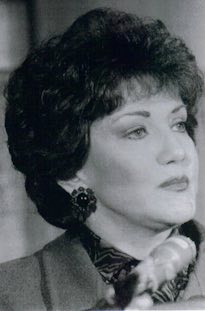
Elizabeth Hanford Dole
First woman to hold two cabinet positions as Secretary of Transportation under Ronald Reagan and Secretary of Labor for President George Bush. Dole later became President of the American Red Cross.
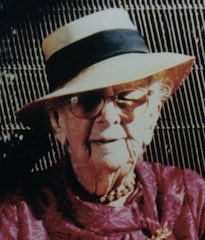
Marjory Stoneman Douglas
A journalist with the Miami News Record, she was an active leader in the Florida suffrage movement and an environmentalist credited with saving the Everglades as a national resource. Douglas authored over ten books and several plays, including The Everglades: River of Grass. After receiving the Presidential Medal of Freedom in 1993 at the age of 103, she remained an active and influential environmentalist to her death.
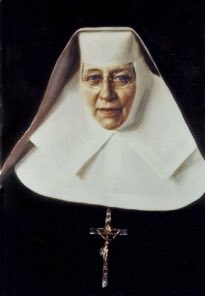
St. Katharine Drexel
A missionary who dedicated her life and fortune to aid Native Americans and African Americans, Saint Katharine Drexel is only the second recognized American-born saint. In 1891, Saint Katharine founded the Sisters of the Blessed Sacrament, a religious order that today remains devoted to the education and care of Native Americans and African Americans. During her lifetime, Saint Katharine and her order founded more than sixty missions and schools, including Xavier University of Louisiana. Saint Katharine was beatified in 1988 and canonized in 2000.
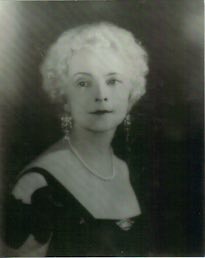
Anne Dallas Dudley
Political activist central to the campaign to pass the 19th Amendment to the U.S. Constitution. Serving as National Campaign Director as well as in her home state of Tennessee, she led a march of 2,000 women in the South’s first suffrage parade in 1914.
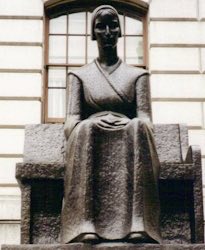
Mary Barret Dyer
Disenfranchised and banished from the Massachusetts Bay Colony along with Anne Hutchinson, she moved back to England, where she became a protégé of George Fox, the founder of Quakerism. Returning to Boston, she was arrested, imprisoned and expelled for preaching the Quaker faith. Returning to Boston again and again, she stood beside other condemned Quakers and finally was herself arrested and hanged. Her martyr’s death contributed to the move for religious tolerance in the colonies.

Amelia Earhart
The first woman to fly across the Atlantic Ocean, and the first to fly solo across the Pacific Ocean. Earhart was a strong individual who inspired other women to take risks in non-traditional arenas.

Elizabeth Hanford Dole
First woman to hold two cabinet positions as Secretary of Transportation under Ronald Reagan and Secretary of Labor for President George Bush. Dole later became President of the American Red Cross.

Marjory Stoneman Douglas
A journalist with the Miami News Record, she was an active leader in the Florida suffrage movement and an environmentalist credited with saving the Everglades as a national resource. Douglas authored over ten books and several plays, including The Everglades: River of Grass. After receiving the Presidential Medal of Freedom in 1993 at the age of 103, she remained an active and influential environmentalist to her death.

St. Katharine Drexel
A missionary who dedicated her life and fortune to aid Native Americans and African Americans, Saint Katharine Drexel is only the second recognized American-born saint. In 1891, Saint Katharine founded the Sisters of the Blessed Sacrament, a religious order that today remains devoted to the education and care of Native Americans and African Americans. During her lifetime, Saint Katharine and her order founded more than sixty missions and schools, including Xavier University of Louisiana. Saint Katharine was beatified in 1988 and canonized in 2000.

Anne Dallas Dudley
Political activist central to the campaign to pass the 19th Amendment to the U.S. Constitution. Serving as National Campaign Director as well as in her home state of Tennessee, she led a march of 2,000 women in the South’s first suffrage parade in 1914.

Mary Barret Dyer
Disenfranchised and banished from the Massachusetts Bay Colony along with Anne Hutchinson, she moved back to England, where she became a protégé of George Fox, the founder of Quakerism. Returning to Boston, she was arrested, imprisoned and expelled for preaching the Quaker faith. Returning to Boston again and again, she stood beside other condemned Quakers and finally was herself arrested and hanged. Her martyr’s death contributed to the move for religious tolerance in the colonies.

Amelia Earhart
The first woman to fly across the Atlantic Ocean, and the first to fly solo across the Pacific Ocean. Earhart was a strong individual who inspired other women to take risks in non-traditional arenas.
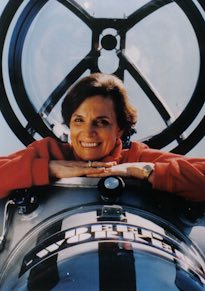
Sylvia A. Earle
An undersea explorer since age 13, Earle became an internationally recognized marine biologist, author, lecturer and scientific consultant. Denied the opportunity to participate in the U.S. Navy “Tektite Project” to study the ocean, she founded “Tektite II”, an all-female expedition that spent two weeks exploring the ocean floor. The founder of two companies to design and build undersea vehicles, she is chief scientist and consultant to oceanographic and marine research centers throughout the world.
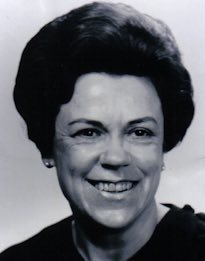
Catherine East
“The midwife of the contemporary women’s movement,” as described by Betty Friedan. East was a key staffer on President John F. Kennedy’s first-ever Presidential Commission on the Status of Women in the 1960s. East persuaded Friedan and others to create the National Organization for Women to lead the drive to eliminate gender discrimination.
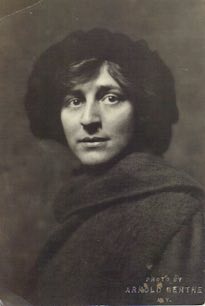
Crystal Eastman
One the major leaders of the women’s right to vote and equal rights movements, she was co-founder of the American Civil Liberties Union and author of the first national labor safety law guidelines. In 1919, she organized the First Feminist Congress, and she was one of the four authors of the Equal Rights Amendment proposed in 1923.

Mary Baker Eddy
The only American woman to found a lasting American-based religion, the Church of Christ (Scientist). Her personal struggles led her to believe in a system of prayer-based healing. In 1908, two years before her death at 89 she started The Christian Science Monitor.

Marian Wright Edelman
Attorney and civil rights advocate who founded the Children’s Defense Fund, the nation’s strongest advocacy group for children. A passionate champion for youth, Edelman’s organization works on health care and assistance for homeless children.
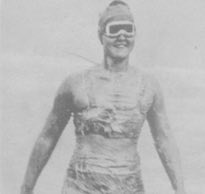
Gertrude "Trudy" Ederle
In 1926, Ederle became the first woman to swim the English Channel, setting a new time record that would stand for the next 35 years. Ederle’s accomplishment was a milestone as it expanded opportunity for other women in athletics.

Sylvia A. Earle
An undersea explorer since age 13, Earle became an internationally recognized marine biologist, author, lecturer and scientific consultant. Denied the opportunity to participate in the U.S. Navy “Tektite Project” to study the ocean, she founded “Tektite II”, an all-female expedition that spent two weeks exploring the ocean floor. The founder of two companies to design and build undersea vehicles, she is chief scientist and consultant to oceanographic and marine research centers throughout the world.

Catherine East
“The midwife of the contemporary women’s movement,” as described by Betty Friedan. East was a key staffer on President John F. Kennedy’s first-ever Presidential Commission on the Status of Women in the 1960s. East persuaded Friedan and others to create the National Organization for Women to lead the drive to eliminate gender discrimination.

Crystal Eastman
One the major leaders of the women’s right to vote and equal rights movements, she was co-founder of the American Civil Liberties Union and author of the first national labor safety law guidelines. In 1919, she organized the First Feminist Congress, and she was one of the four authors of the Equal Rights Amendment proposed in 1923.

Mary Baker Eddy
The only American woman to found a lasting American-based religion, the Church of Christ (Scientist). Her personal struggles led her to believe in a system of prayer-based healing. In 1908, two years before her death at 89 she started The Christian Science Monitor.

Marian Wright Edelman
Attorney and civil rights advocate who founded the Children’s Defense Fund, the nation’s strongest advocacy group for children. A passionate champion for youth, Edelman’s organization works on health care and assistance for homeless children.

Gertrude "Trudy" Ederle
In 1926, Ederle became the first woman to swim the English Channel, setting a new time record that would stand for the next 35 years. Ederle’s accomplishment was a milestone as it expanded opportunity for other women in athletics.
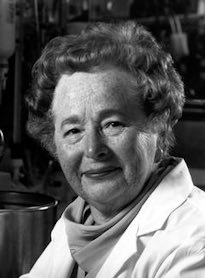
Gertrude Belle Elion
1988 Nobel Prize winner who spent a lifetime creating drugs to combat leukemia, gout, malaria, herpes and other auto-immune diseases. Elion’s work saved many lives, and led to the development of the first major AIDS drug AZT.
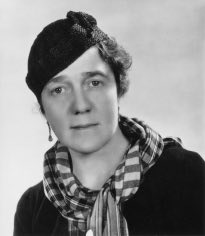
Dorothy Harrison Eustis
A philanthropist, Dorothy Harrison Eustis combined her love of animals and her passion for helping others to co-found the nation’s first dog guide school, The Seeing Eye. In 1921, Eustis began her career in Switzerland, breeding German shepherds for civic duty. She was later contacted by Morris Frank, a blind American man seeking a guide dog. After bringing Frank to Switzerland and providing him with a dog, Eustis returned to the United States, and in 1929, they established The Seeing Eye to help blind people achieve greater independence, dignity and self-confidence through the use of Seeing Eye dogs. To date, The Seeing Eye has bred and trained 15,000 dogs to assist nearly 8,000 men and women.
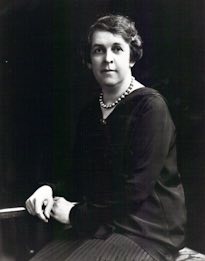
Alice Evans
Scientist who found the organism which caused undulant fever, a killer disease. Evans’s discovery led to mandatory milk pasteurization, saving countless lives worldwide. An outstanding scientist, she also advocated women entering the scientific professions.
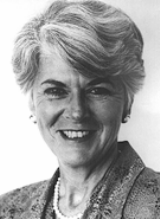
Geraldine Ferraro
First woman nominated by a major political party as a candidate for Vice President of the United States. Chosen to serve as the running mate of Democratic Presidential Nominee Walter Mondale in 1984, Ferraro had been an Assistant District Attorney in New York and later served in the United States Congress.
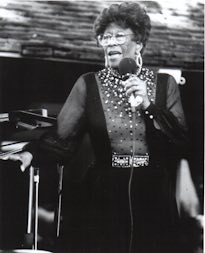
Ella Fitzgerald
World-renowned jazz singer and the first pop musician awarded the Lincoln Center Medallion. At 15, she entered a talent contest to dance. Her knees shook so much during the contest, she chose to sing instead and was discovered by a Chick Webb band member.
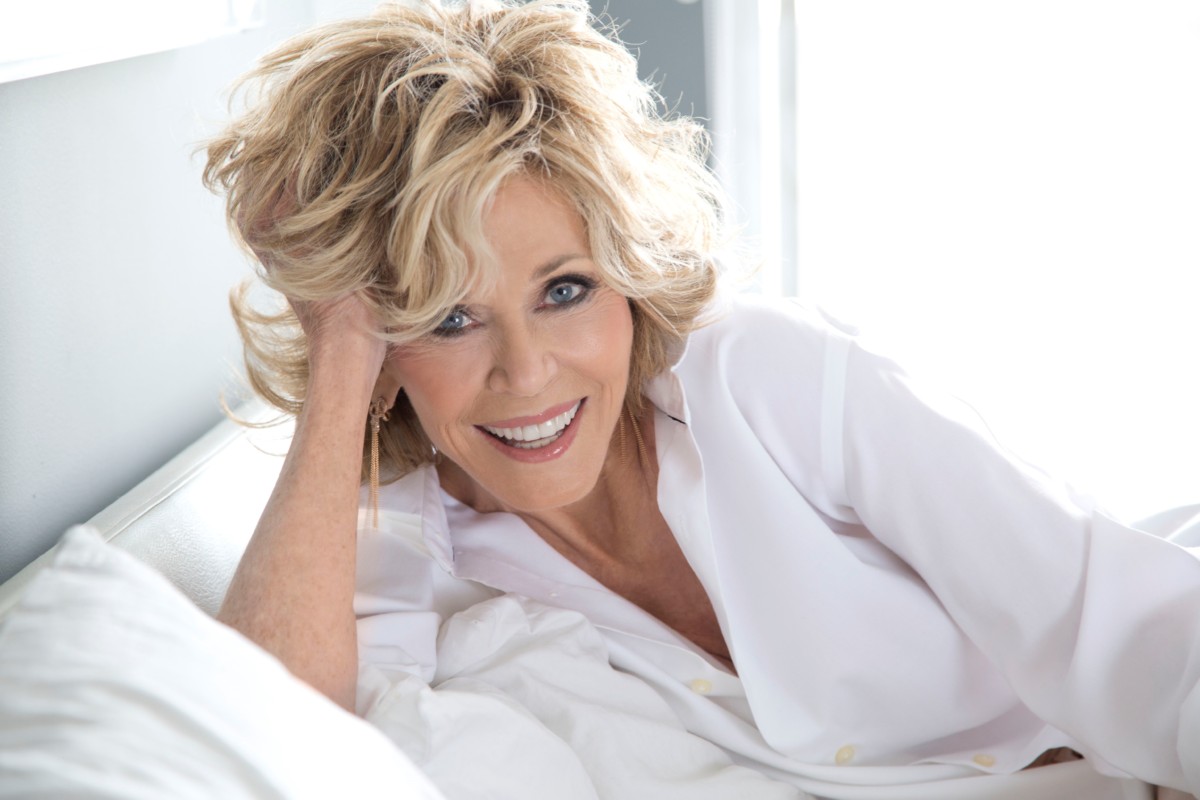
Jane Fonda
A two-time Academy Award winning actress (Best Actress in 1971 for Klute and in 1978 for Coming Home), activist, businesswoman, author, producer for film and television and philanthropist, Jane Fonda has revolutionized how we see things from the screen to fitness to representations of women and girls in the media. From the counterculture of the 1960s to today’s feminism, Native American rights and environmentalism; from Kluteto 9 to 5 to Grace and Frankie: Fonda has been a visionary and powerful influencer. Through the Jane Fonda Foundation and the Fonda Family Foundation, Fonda funds causes related toyouth and education, adolescent reproductive health, the environment, human services, and the arts. In 2005, together with Robin Morgan and Gloria Steinem, she co-founded the Women’s Media Center, an organization that works to increase the visibility and power of women in media. Fonda serves on the board of the organization. She is the recipient of many honors and awards, including two Academy Awards, two BAFTAs, four Golden Globes, a Primetime Emmy Award, the AFI Life Achievement Award, and the Honorary Golden Lion. In 2007, Fonda received an Honorary Palme d’Or from the Cannes Film Festival, making her one of three people to ever be granted this honor until then. She was also recognized with a Tony Award nomination for her role on Broadway in Moisés Kaufman’s 33 Variations. In 2018, a documentary following Fonda’s remarkable journey, Jane Fonda in Five Acts, was released.

Gertrude Belle Elion
1988 Nobel Prize winner who spent a lifetime creating drugs to combat leukemia, gout, malaria, herpes and other auto-immune diseases. Elion’s work saved many lives, and led to the development of the first major AIDS drug AZT.

Dorothy Harrison Eustis
A philanthropist, Dorothy Harrison Eustis combined her love of animals and her passion for helping others to co-found the nation’s first dog guide school, The Seeing Eye. In 1921, Eustis began her career in Switzerland, breeding German shepherds for civic duty. She was later contacted by Morris Frank, a blind American man seeking a guide dog. After bringing Frank to Switzerland and providing him with a dog, Eustis returned to the United States, and in 1929, they established The Seeing Eye to help blind people achieve greater independence, dignity and self-confidence through the use of Seeing Eye dogs. To date, The Seeing Eye has bred and trained 15,000 dogs to assist nearly 8,000 men and women.

Alice Evans
Scientist who found the organism which caused undulant fever, a killer disease. Evans’s discovery led to mandatory milk pasteurization, saving countless lives worldwide. An outstanding scientist, she also advocated women entering the scientific professions.

Geraldine Ferraro
First woman nominated by a major political party as a candidate for Vice President of the United States. Chosen to serve as the running mate of Democratic Presidential Nominee Walter Mondale in 1984, Ferraro had been an Assistant District Attorney in New York and later served in the United States Congress.

Ella Fitzgerald
World-renowned jazz singer and the first pop musician awarded the Lincoln Center Medallion. At 15, she entered a talent contest to dance. Her knees shook so much during the contest, she chose to sing instead and was discovered by a Chick Webb band member.

Jane Fonda
A two-time Academy Award winning actress (Best Actress in 1971 for Klute and in 1978 for Coming Home), activist, businesswoman, author, producer for film and television and philanthropist, Jane Fonda has revolutionized how we see things from the screen to fitness to representations of women and girls in the media. From the counterculture of the 1960s to today’s feminism, Native American rights and environmentalism; from Kluteto 9 to 5 to Grace and Frankie: Fonda has been a visionary and powerful influencer. Through the Jane Fonda Foundation and the Fonda Family Foundation, Fonda funds causes related toyouth and education, adolescent reproductive health, the environment, human services, and the arts. In 2005, together with Robin Morgan and Gloria Steinem, she co-founded the Women’s Media Center, an organization that works to increase the visibility and power of women in media. Fonda serves on the board of the organization. She is the recipient of many honors and awards, including two Academy Awards, two BAFTAs, four Golden Globes, a Primetime Emmy Award, the AFI Life Achievement Award, and the Honorary Golden Lion. In 2007, Fonda received an Honorary Palme d’Or from the Cannes Film Festival, making her one of three people to ever be granted this honor until then. She was also recognized with a Tony Award nomination for her role on Broadway in Moisés Kaufman’s 33 Variations. In 2018, a documentary following Fonda’s remarkable journey, Jane Fonda in Five Acts, was released.
